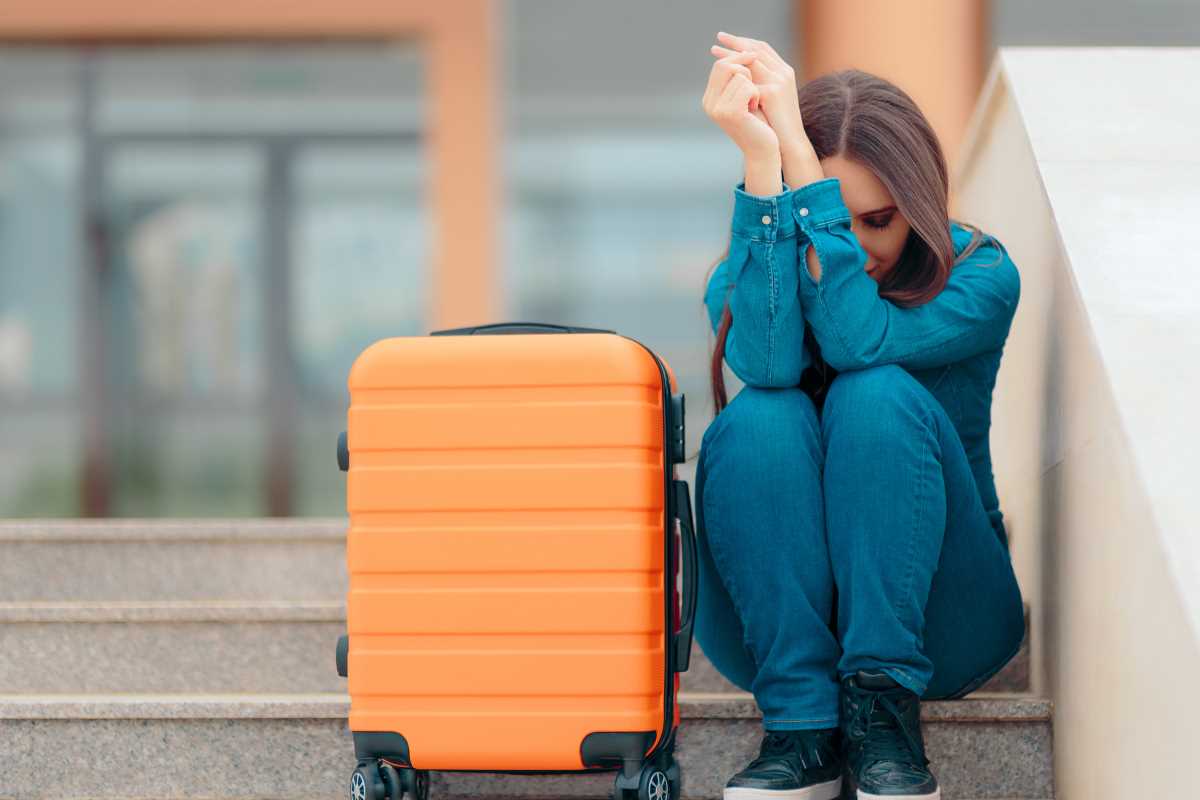Traveling internationally can be an exciting adventure, but it can also present unique challenges for individuals with irritable bowel syndrome (IBS). Managing IBS symptoms while navigating new environments, time zones, and cuisines requires careful planning and adaptability. From unpredictable meal options to the stress of traveling, understanding how to handle these factors can make your trip more enjoyable and comfortable.
Preparation Before the Trip
Before embarking on your international journey, taking proactive steps can significantly reduce the likelihood of IBS flare-ups. Here’s what you should consider packing and preparing:
- Medications: Bring an ample supply of your prescribed IBS medications, such as *Imodium* or *Lomotil*, along with copies of your prescriptions in case you need to refill them abroad.
- Comfortable Clothing: Opt for loose-fitting clothes that won’t constrict your abdomen, helping to alleviate discomfort during travel.
- Portable Water Bottle: Staying hydrated is crucial. Carry a reusable water bottle to access clean water wherever you go.
- Snacks: Pack IBS-friendly snacks such as nuts, gluten-free bars, or low-FODMAP options to have food available when needed.
- Travel-Friendly Toilet Paper: Some destinations may not provide toilet paper, so having your own can prevent emergencies.
- Medical Documentation: Carry a letter from your healthcare provider detailing your condition and any necessary medications, which can be useful at customs or in emergencies.
- Emergency Contacts: Have a list of emergency contacts, including your doctor’s information and local medical facilities at your destination.
Dietary Considerations
Maintaining a suitable diet is key to managing IBS symptoms while traveling.
- Research Local Cuisine: Before your trip, familiarize yourself with the local foods and identify IBS-friendly options to choose from abroad.
- Plan Your Meals: Try to plan your meals ahead of time, whether you're dining out or eating on-the-go, to avoid last-minute food choices that may trigger symptoms.
- Choose Low-FODMAP Foods: Select dishes that are low in fermentable oligosaccharides, disaccharides, monosaccharides, and polyols, which are known to exacerbate IBS.
- Avoid Greasy or Spicy Foods: These can often irritate your digestive system, so opt for milder options that are easier on your stomach.
- Stay Clear of Dairy if Necessary: If lactose intolerant, ensure that your meals are free from dairy products or have lactose-free alternatives available.
- Control Portions: Eating smaller, more frequent meals can help manage IBS symptoms better than large, heavy meals.
- Stay Hydrated: Drink plenty of water throughout the day to aid digestion and prevent dehydration, especially during long flights.
Managing Stress While Traveling
Travel can be a significant source of stress, which is a known trigger for IBS symptoms. Managing stress effectively can help minimize flare-ups:
- Establish a calming routine that you can maintain while traveling. This might include practicing deep-breathing exercises, meditation, or yoga in the morning or during breaks. Even a few minutes of relaxation can reduce anxiety and keep your mind at ease.
- Ensure you get adequate sleep. Jet lag and disrupted sleep patterns can heighten stress levels and exacerbate IBS. Create a comfortable sleeping environment by using earplugs, eye masks, and maintaining a regular sleep schedule as much as possible.
Handling Unexpected Symptoms
Despite your best efforts, unexpected IBS symptoms can still occur while traveling. It's crucial to know how to manage IBS symptoms effectively. Carry a small kit with your essential medications, including any Buscopan or anti-diarrheal drugs your doctor has recommended. It’s also helpful to have access to restroom locations in advance, whether you're in transit or at your accommodations.
Also, try to stay calm and avoid panic, as stress worsens symptoms. If you start feeling uncomfortable, find a quiet place to rest and use relaxation techniques to help alleviate the intensity of your symptoms. Having a contingency plan, such as knowing the local language words for restrooms or medical assistance, can also relieve some of the anxiety associated with sudden IBS flare-ups.
General Travel Tips for IBS
Taking a few extra precautions can help make your travels smoother.
- Choose your accommodations wisely. Opt for places with easy access to kitchens, or at least refrigerators and microwaves. This will allow you to prepare or store your own meals safely. Having control over your food environment can significantly reduce the risk of encountering trigger foods.
- Manage your schedule to include plenty of rest breaks. Allowing yourself time to relax and avoid overpacking your itinerary can reduce overall stress levels. Keeping a leisurely pace ensures you’re not constantly rushing, which can lead to anxiety and subsequent IBS symptoms.
- Stay connected with your healthcare provider. Inform them about your travel plans and seek their advice on managing your condition abroad. They might recommend specific medications or strategies tailored to your destination and travel style.
Successfully managing IBS symptoms during international travel involves thorough preparation, mindful dietary choices, effective stress management, and readiness for unexpected situations. By implementing these strategies, you can enjoy your travels more confidently and comfortably.







